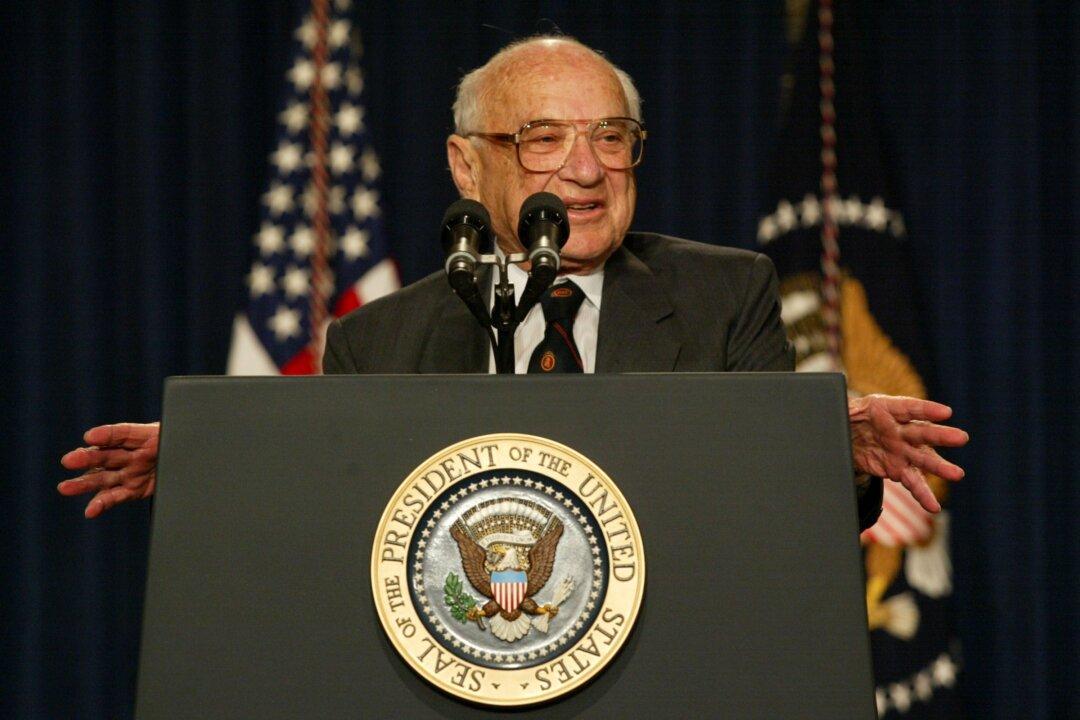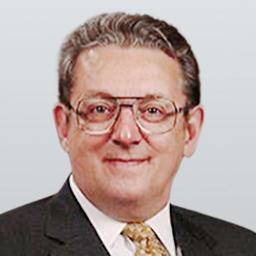Commentary
This marks the sixth edition of my year-end column of “10 best books,” which began as a Christmas list of books for my college-age grandchildren in 2018. I gave them the write-up and enough money to buy the books. Who knows where the money went, but I decided to turn books into an annual event here.





